The warm aromatic scent of cinnamon, nutmeg, ginger and cloves wafting through our homes is the very essence of Christmas. But spices don’t just lend depth and flavour to our festive dishes; they are also nutritional powerhouses, brimming with wellbeing benefits.
Editor Jane Garton shares her top 4 spices to add to your dishes this festive season.
Ginger
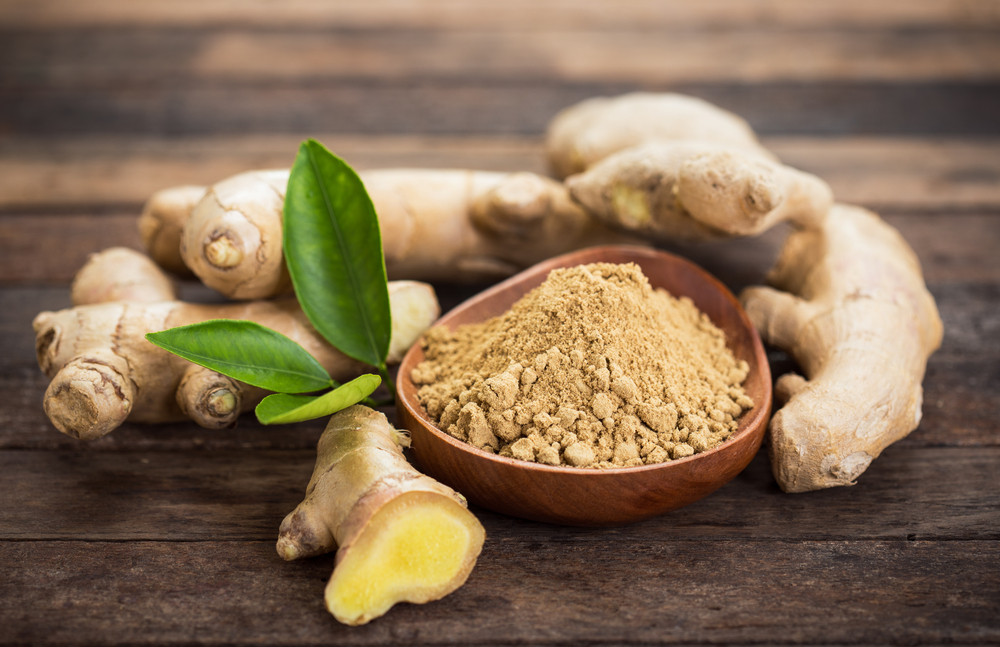
Closely related to cardamom and turmeric, ginger is a warming winter spice long valued for its medicinal and culinary properties. It adds a hot and lemony flavour to food and plays a major role in traditional healing.
Recently, ginger has been hailed in studies for its potential to help heal ailments ranging from arthritis and rheumatism to indigestion, heart problems and diabetes. It is also a tried-and-tested remedy for nausea and vomiting and is useful for treating both morning and travel sickness.
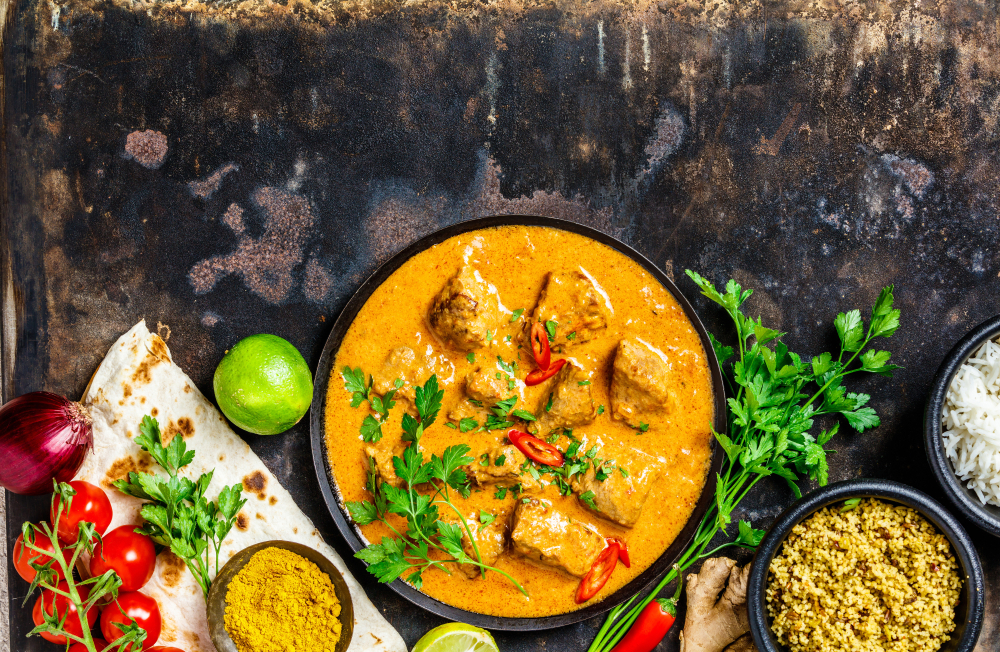
Use ginger to add zest to stir fries, soups and curries or in festive cakes and gingerbread men. Alternatively, brew up a tea to help boost circulation or aid digestion. Simply add half a teaspoon of grated fresh ginger to a mug of near boiling water, leaving to infuse for a few minutes before drinking. You can also take it in capsule form to quell nausea.
Cinnamon
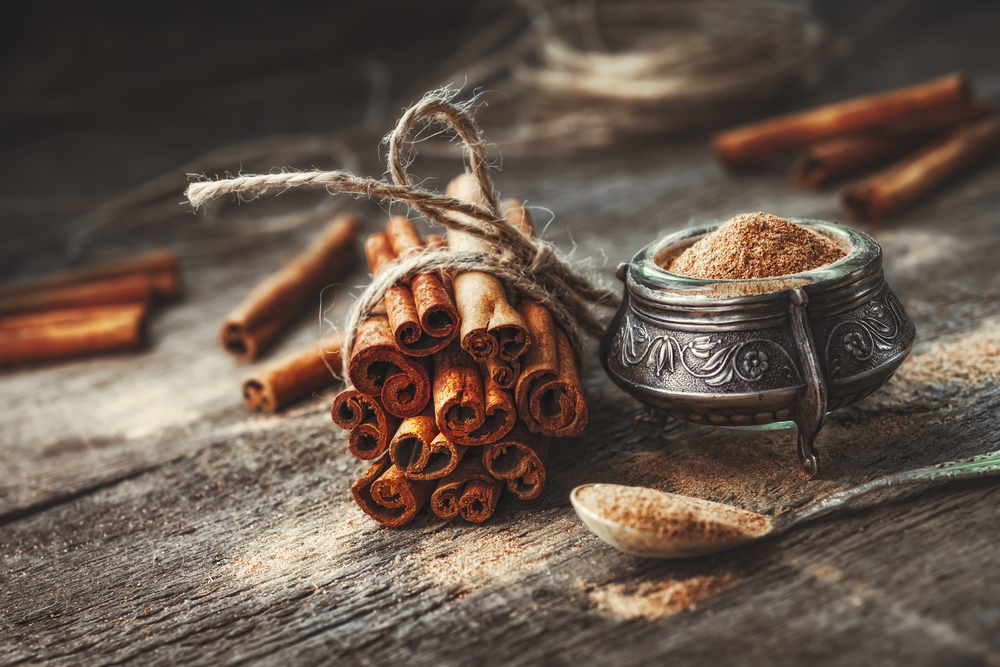
With its fragrant sweet taste and long history both as a spice and a medicine, cinnamon is a perfect warming choice for December. Made from the peeled, dried and rolled bark of an Asian tree it has been prized since Egyptian times for its health-boosting properties. These include anti-inflammatory compounds, and something called eugenol, which has pain-relieving properties.
Traditionally used to treat loss of appetite, colds, flu, flatulence and indigestion, cinnamon has been shown in recent research to help control blood sugar levels. This means it could be useful in the treatment of type 2 diabetes.
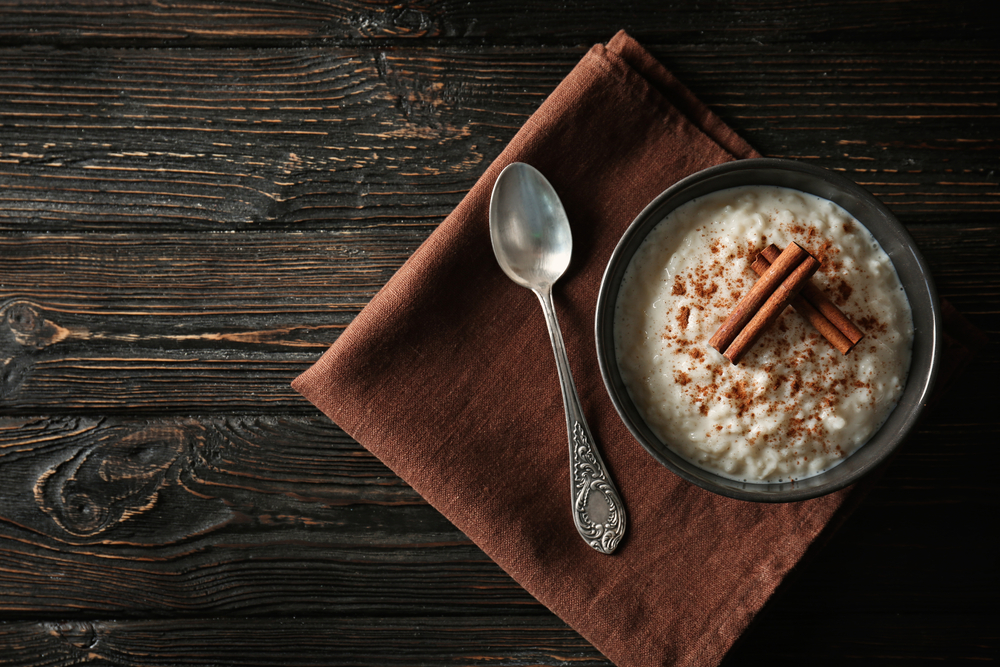
Take it as a tea or tincture or sprinkle it in powder form over hot buttered toast to help digestion. Add it to yoghurt and porridge or use in smoothies, curries and cakes. Alternatively, sprinkle on top of a cappuccino for a feel-good festive flavour.
Cloves
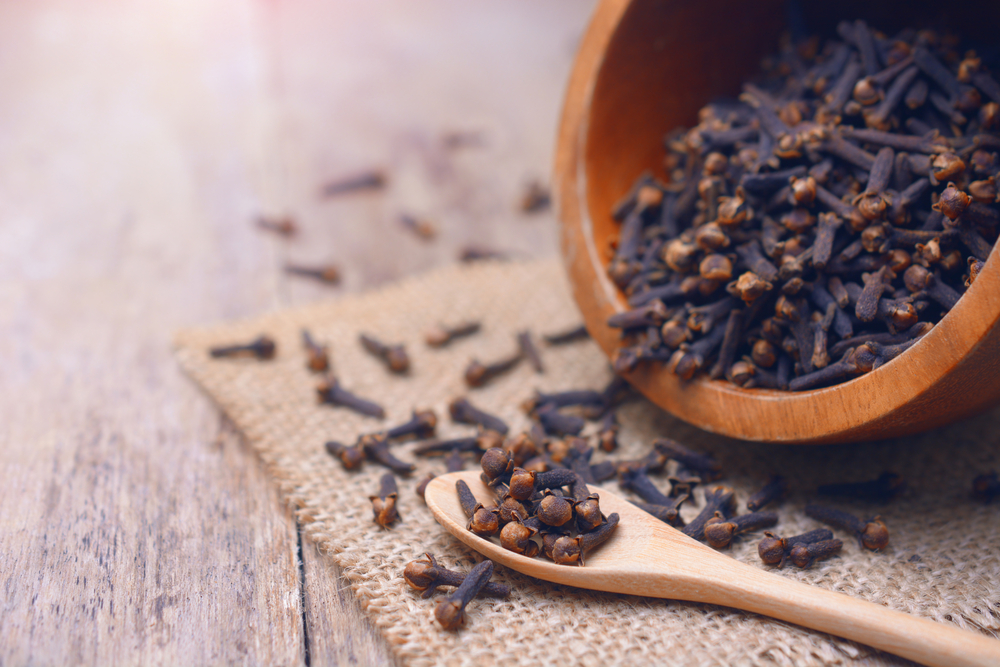
With their hard, woody exterior and sharp, slightly bitter taste, cloves are the unopened pink flower buds of the evergreen clove tree native to the tropics. They have been used for thousands of years not only as a spice and condiment but also to treat a range of problems from soothing toothache to easing the pain and stiffness linked with arthritis.
The flesh of the clove contains an oily compound eugenol, which is thought to hold the secret to their anti-inflammatory and pain-relieving benefits. Cloves are also rich in flavonoids and a good source of manganese, vitamin K and dietary fibre. As a warming spice, they can help reduce congestion and stimulate digestion.

Add cloves to mulled wine and syrups for poaching fruits. Alternatively, use them as a pickling spice or stick them into an onion to add flavour to Christmas bread sauce. Push them into a baked and glazed ham to add flavour. For toothache, dip a cotton bud into clove oil and rub on the affected area or chew on a bud to sweeten your breath.
Nutmeg
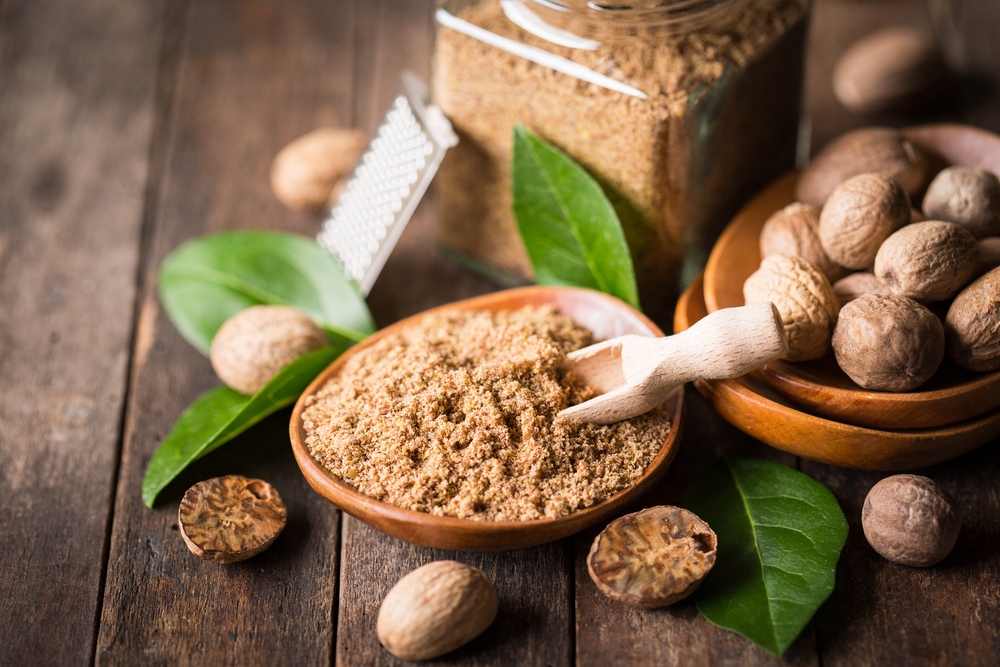
These seeds of the fruits of an evergreen tree come wrapped in a lacy covering used separately as the spice mace. Originally grown only in the Indonesian Banda Islands and now found in South East Asia and the Caribbean, nutmegs have long been held in high regard. So much so that during the Napoleonic Wars and the occupation of the Banda Islands, the British carried away nutmeg trees to start their own plantations in the Caribbean.
Widely used for their warm, sweet, musky flavour in cuisines around the world, nutmegs also contain several volatile oils such as myristicin and eugenol. These are thought to have soothing properties, which may account for their use in Chinese and Indian traditional medicines for illnesses related to the nervous system and digestive disorders. They are also a rich source of magnesium, which helps calm the nerves and relax the muscles making them a useful remedy for insomnia.
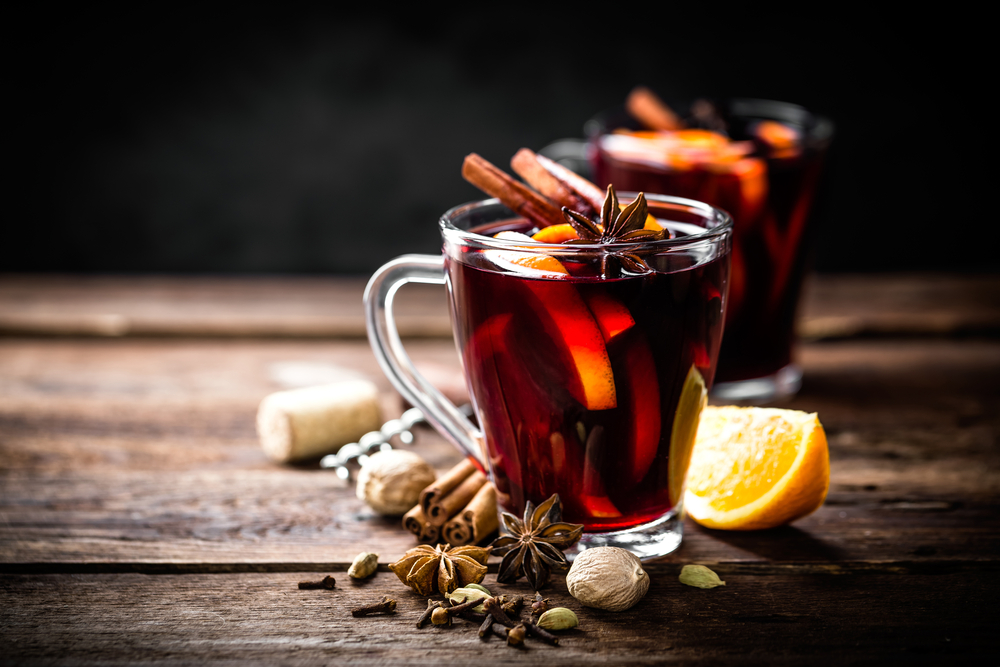
Sprinkle nutmeg over morning porridge or rice pudding, add to bread sauce, curries and soups. Try adding to mulled wine or a mug of warm milk at bedtime to help you sleep.

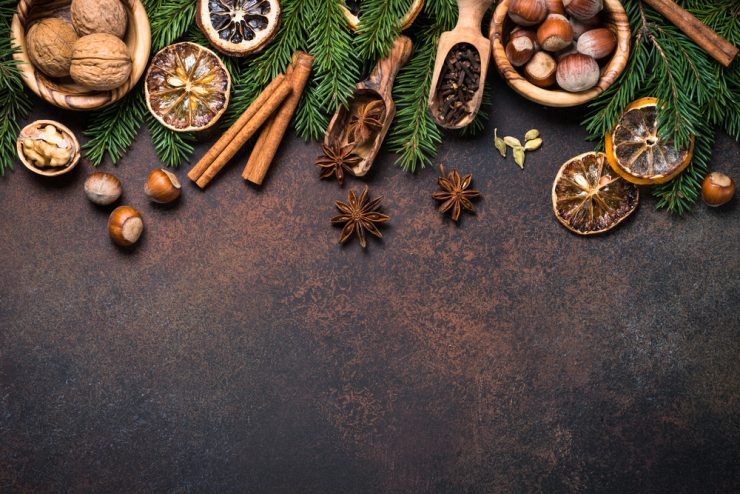






















Add comment